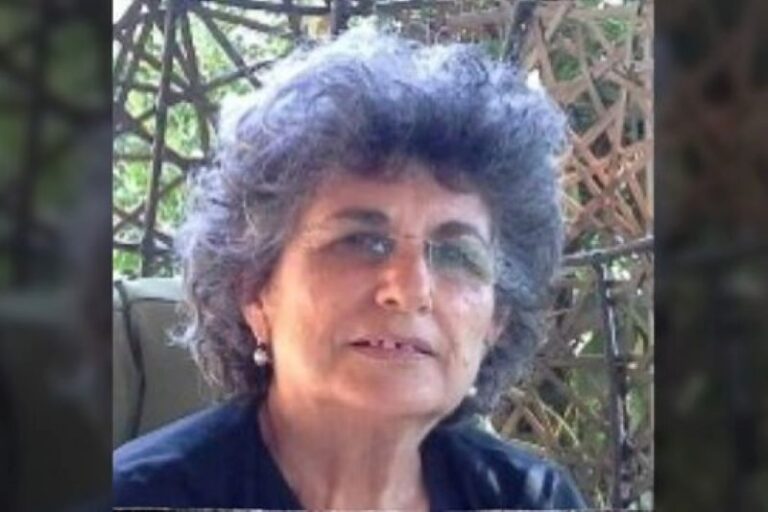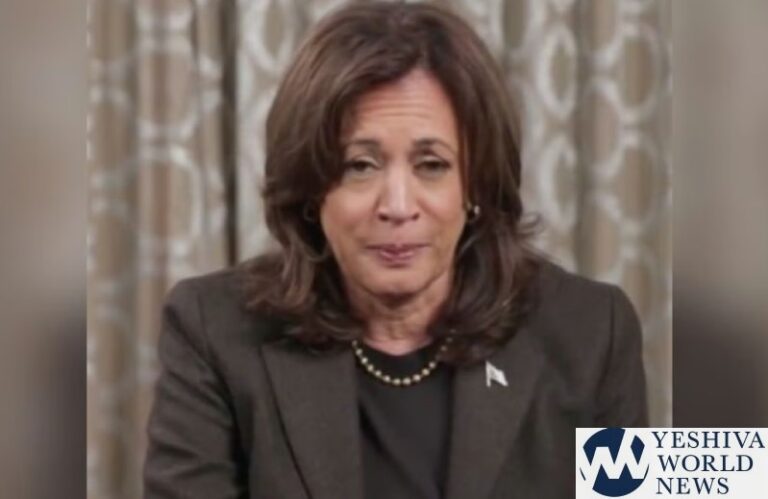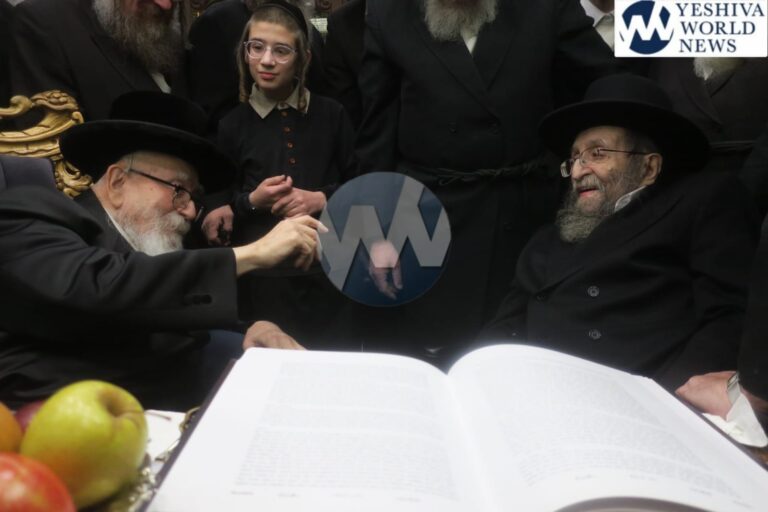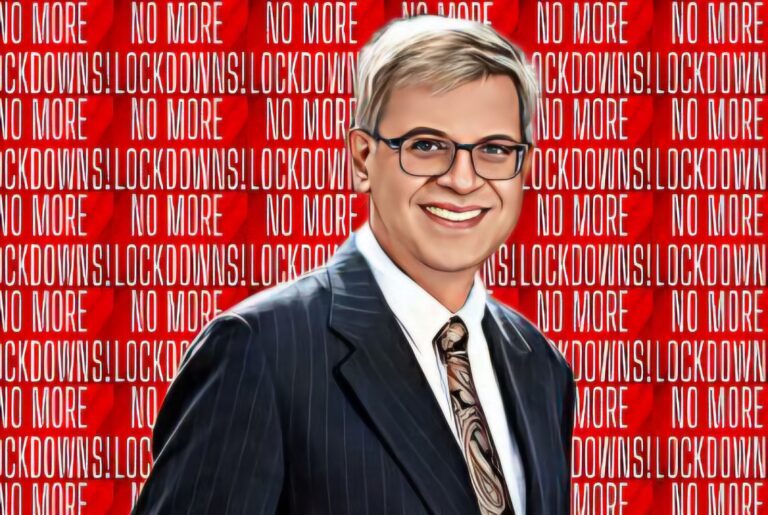 The cabinet in its weekly meeting on Sunday 9 Marcheshvan approved the amended Giyur Bill that is backed by the Bayit Yehudi party. The amended bill was developed in cooperation with Rabbi Chaim Druckman Shlita, a prominent posek in the dati leumi community and a former head of the state giyur program.
The cabinet in its weekly meeting on Sunday 9 Marcheshvan approved the amended Giyur Bill that is backed by the Bayit Yehudi party. The amended bill was developed in cooperation with Rabbi Chaim Druckman Shlita, a prominent posek in the dati leumi community and a former head of the state giyur program.
Speaking with the dati leumi Kippa website hours ahead of the cabinet approval, Rav Druckman stated “even the Chief Rabbis of Israel are aware this is the least evil of the versions of the bill. If the government passes this today, the version that was slated to be voted on in Knesset on Monday will be scrapped”.
Rav Druckman added that this latest version of the bill has excluded the most harmful aspects of the objectionable version. The rabbi added that he is aware the chief rabbis must publically express opposition to the bill but he feels that the bill presented to the cabinet is not destructive and the best that can be hoped for in the current political reality.
The rav added that while he spearheaded this compromise version, he is not pleased with the fact that the Chief Rabbinate of Israel is not mentioned specifically at all, but adds reassuringly that the only one who can sign a conversion document is one of the Chief Rabbis of Israel.
The rav did not hide his anger over strong objections to his amended bill from the chareidi and chareidi dati-leumi sectors. “I think many of the opponents do not understand why they are opposed. They are confused and do not know one [of the versions of the bill] from the other and are making a ruckus. For example, there is no mention of the Reform Movement but in the other version there was an attempt to legitimize their status. There are those who object like Rabbi Yitzchak Yosef and I understand his objections but he too understands this is the best we can do, the least evil of the options available today.”
(YWN – Israel Desk, Jerusalem)











9 Responses
least evil means BAD
they said themselves we have to pass a BAD bill
how about leaving the coalition?
Baryonim!
‘Rav Druckman’,however well meaning, under whose auspices dozens underwent geirus – while he was out of the country!
let’s talk “brass tacks” i.e. tachlis
Other than semantics (and the signature of a secretary from the office of the chief rabbinate)how is this different than the previous bills ?!
Many of us are familiar with “converts” who haven’t changed from their former lifestyle one iota!
If dwelling in a semi-“jewish milieu” is enough, as the gov’t fiat intends, to regard one officially as jewish,
could every gentile working in a local religious institution,or say, living in Boro Park and speaks a few yiddish expressions claim now to be a jew?!
We are all quite aware that the maxim that the devil lies in the details is incontrovertibly and unerringly correct. General acceptance of the ideas and values of the Torah is relatively easy to obtain from the people. Acceptance of and commitment to the nitty-gritty details of Torah and halakha is another more complicated matter entirely.
The Torah does not record for us the full and unconditional acceptance by the Jewish people until this week’s parsha, until after many of the details of the Torah have been spelled out and published. Only when details of the covenant are known can there be a true acceptance and agreement between the parties here, so to speak.
Moshe, here, serves as the true advocate and attorney for Israel in explaining, teaching and clarifying the laws of the Torah to the people. We are witness on a daily basis of how general agreement on issues in commerce, diplomacy and social relationships break down when put to the detailed test of practical enforcement and behavior.
Everyone is in favor of peace, equal opportunity for all, tranquility at home and in the family, national unity and other such noble ideas and values. It is the details of practicality that are the cause of these goals being unfulfilled for many people and nations. The Torah therefore advances these details first before there can be a full acceptance of naaseh v’nishma by the people of Israel.
This idea goes to the heart of the discussion regarding conversions to Judaism. Merely proclaiming that one wishes to be a Jew, without realizing what that really entails, is pretty much of a sham. What are the details of this covenant that one now wishes to enter into? Is it merely a warm hearted, even sincere, embrace of very general principles of monotheism and morality without knowledge of or commitment to the halachic details that govern daily Jewish living?
Halakha does not demand that the prospective convert know everything about Judaism before being accepted into the fold of Israel. But it does demand that the prospective convert know a great deal about Jewish law and life. Just being a “good person” or serving in the Israeli army, noble as these accomplishments truly are, do not yet qualify for one to be easily converted. Without knowing the details inherent in becoming a Jew, how can one enter into an eternal agreement with binding commitments that remain irrevocable?
The conversion process, which is a tactical and bureaucratic, and which certainly can be improved upon, is a matter of acceptance, sincerity, devotion and honest commitment. It should not be subverted by political pressures, demographic considerations or misplaced compassion. Only in knowledge and adherence to the details of the covenant of Sinai can the survival and growth of the Jewish people and its spiritual advancement be guaranteed.
Shabbat shalom
Rabbi Berel Wein
How the world has changed under our noses!!!!!!!!!!!
Some three and a half decades ago, similar forces attempted to push Begin to change the laws of Geirus in Israel.
His abrupt rebuttal : Geirus is Halachah, and Halachah is the perogative of the Poskei HaDor!!!!!!!!!!!
typo
prerogative
“how about leaving the coalition?”
Most of the coalition supported the bill. Netanyahu could pull Likud out and he’d be quickly replaced as PM by Yair Lapid.
There is a lot of disinformation going on here. Charedi leaders who won’t accept the Chief Rabbis as sufficiently reliable to supervise a kosher kitchen think that they can be trusted for conversions? And the Chief Rabbis say that the very rabbis to whom they gave semicha and appointed as community rabbis can’t be trusted? This is about power, not halachah.